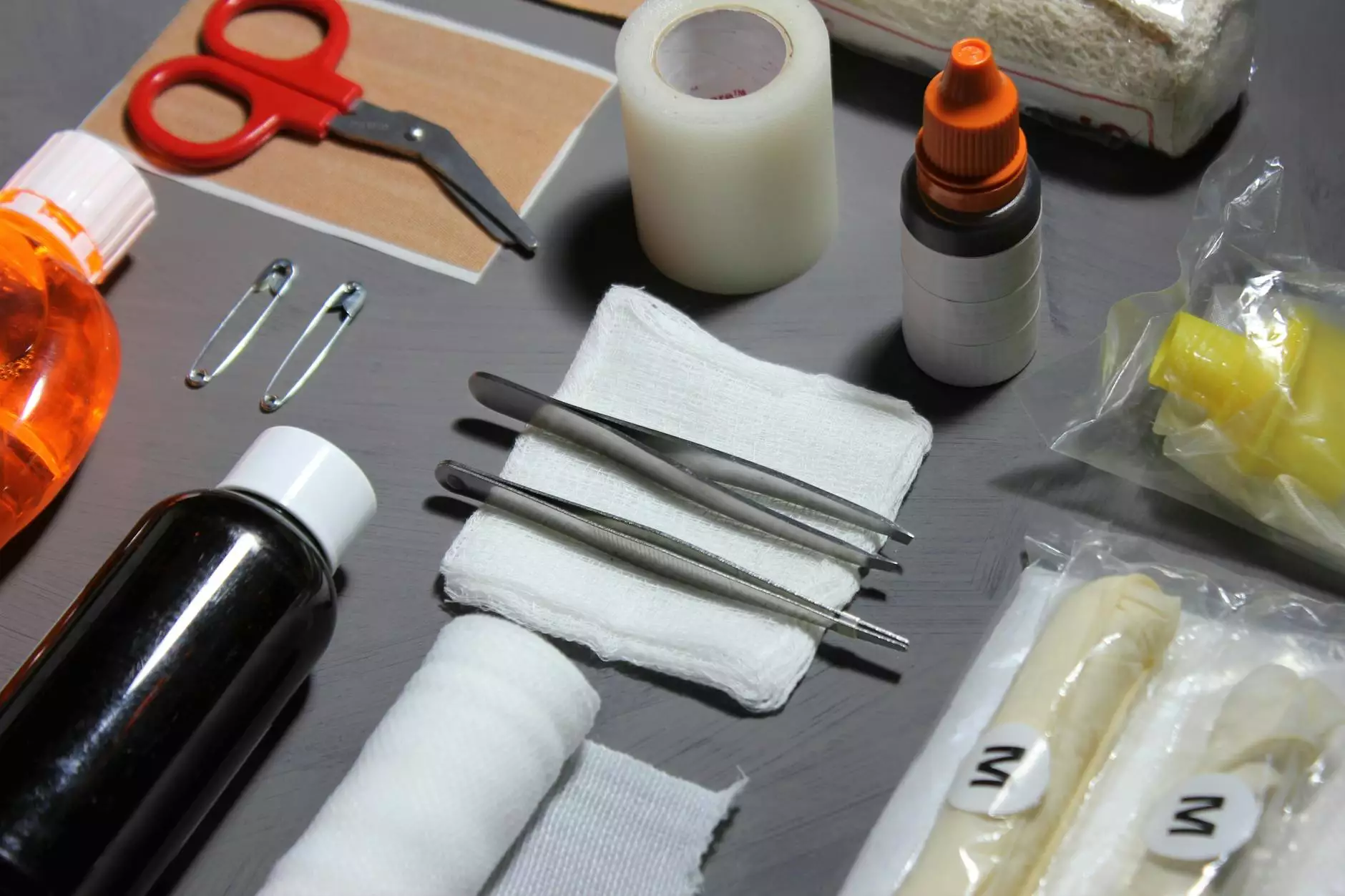Truth or Myth | Does Cracking Knuckles Cause Arthritis

Introduction
Welcome to Redding Integrative Medicine, your trusted source for alternative and natural health information. In this article, we will explore the truth behind a commonly debated topic: whether cracking knuckles leads to arthritis. We will address the myths, the facts, and provide you with comprehensive information to help you make informed decisions about your joint health.
The Knuckle Cracking Phenomenon
Knuckle cracking, also known as crepitus, is the act of intentionally manipulating your fingers to produce a popping or cracking sound. This habit has been around for centuries and often sparks curiosity and concern among individuals who wonder about its potential long-term effects on joint health.
Examining the Myths
Myth 1: Cracking Knuckles Leads to Arthritis
One of the most persistent myths regarding knuckle cracking is that it causes arthritis. This belief has caused many individuals to avoid cracking their knuckles out of fear of developing joint problems later in life. However, numerous scientific studies have debunked this claim, revealing no definite correlation between knuckle cracking and the development of arthritis.
Myth 2: Decreased Grip Strength
Another widely spread myth suggests that cracking knuckles can lead to a decrease in grip strength. While knuckle cracking may temporarily affect the grip strength immediately after the cracking sound, there is no evidence to support any long-term impact on grip strength or hand function.
The Facts Revealed
The Actual Sound of Cracking
When you crack your knuckles, the sound you hear is attributed to the release of gas bubbles in the synovial fluid that lubricates the joints. It's similar to the sound made when air bubbles pop in a carbonated beverage. This sound is harmless and not an indication of any physical damage being inflicted upon your joints.
Does Cracking Knuckles Cause Arthritis?
As mentioned earlier, scientific studies have found no direct link between knuckle cracking and arthritis. Ongoing research suggests that the cracking sound is likely associated with the separation of joint surfaces, leading to momentary joint relaxation. This can offer a sense of relief or increased joint mobility for some individuals.
Reasons for Avoidance
While cracking knuckles may not cause arthritis, it's important to note that excessive cracking can lead to ligament and tendon laxity, potentially resulting in joint instability. Additionally, repetitive or forceful manipulation of the joints can cause discomfort, swelling, or even injury. Therefore, moderation is key when it comes to cracking knuckles.
Taking Care of Your Joints
To maintain optimal joint health, consider incorporating the following habits into your daily routine:
1. Regular Exercise
Engage in regular physical activity that promotes joint mobility and strength, such as yoga, swimming, or low-impact exercises.
2. Balanced Diet
Ensure your diet includes foods rich in omega-3 fatty acids, vitamin D, and antioxidants, which are known to support joint health.
3. Avoid Prolonged Inactivity
Avoid sitting or standing in the same position for extended periods. Take breaks and stretch regularly to keep your joints flexible.
4. Maintain Healthy Body Weight
Excess weight places additional stress on your joints. Maintain a healthy weight to reduce the risk of joint problems, including arthritis.
Conclusion
In conclusion, the belief that cracking knuckles causes arthritis is a common misconception. Scientific evidence suggests that knuckle cracking does not directly lead to arthritis. However, excessive cracking can potentially cause joint discomfort or injury. It is recommended to crack knuckles in moderation to avoid any potential long-term issues.
At Redding Integrative Medicine, we prioritize holistic approaches to health and wellbeing. If you require further guidance on joint health or other alternative and natural medicine topics, feel free to explore our website or consult with our knowledgeable team. Remember, an informed decision is an empowered one!









